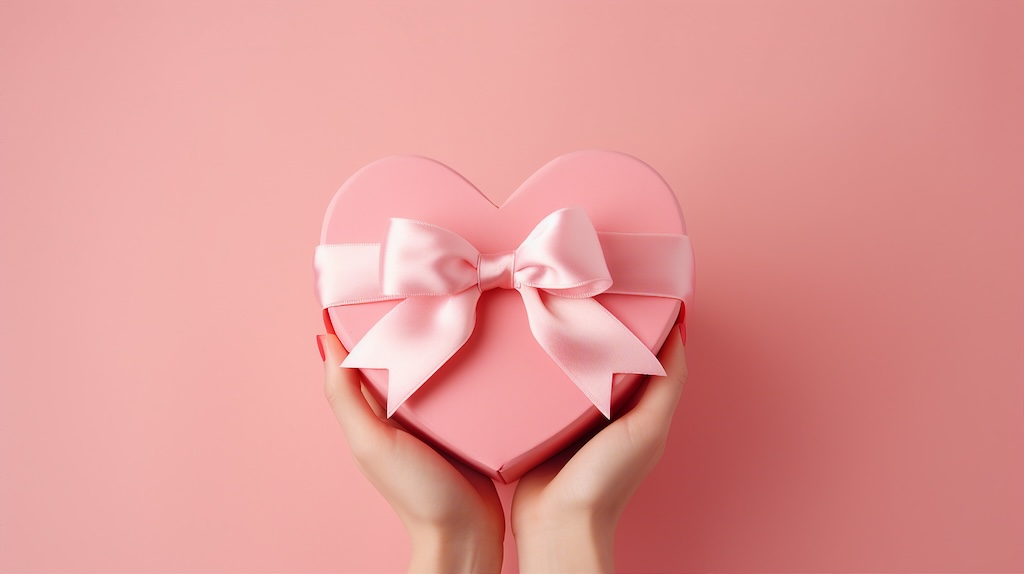The role of mass media in our life
Mass media have a great importance in our society. All people around the world are curious[i] and want to be informed about the world’s events. That’s the reason why they read newspapers, listen to the radio or watch television.
Press
Press is the oldest way of distributing information. It can be divided into several groups. Most common are newspapers, which are issued daily. The second group are magazines and they are issued weekly, monthly or in another period.
Newspapers in Britain are published on every day except Sunday. On Sunday special Sunday newspapers are published, which are different from the dailies. British people are the world’s third biggest newspaper buyers – nearly 80% of all households buy a copy of one of the main national newspapers every day. Some people offer papers to be delivered into the house. This work is done by teenagers who want to earn a bit of extra pocket money.
The Daily papers can be divided into two large groups. The first are the broadsheets (the quality press) and the second are the tabloids (popular press). The only common thing for these newspapers is sport and the weather forecast, which are almost identical.
The broadsheets are papers, in which there is only serious information. These newspapers are mainly old, some with more than a hundred-year tradition. They contain political, industrial and cultural news and they devote pages to finance matters and international news. The articles are mostly long and they have not large headlines. Most important daily broad-sheets are: The Daily Telegraph, The Guardian, The Independent, The Times and The Financial Times (listed in the order of daily circulation – The Daily Telegraph sells more than twice as many copies as any of the other broad-sheets). Most important Sunday broadsheets are: The Sunday Times, The Sunday Telegraph, The Observer and The Independent on Sunday (listed in order of daily circulation).
The tabloids are newer than the broadsheets – the first one The Daily Mail was established in 1896. They are printed on papers twice smaller than broadsheets and they use colours. Word ‘tabloid’ was originally a pharmaceutical term, used for substances which were compressed into pills. So tabloids try to say information in minimal words. They contain sensational stories about famous people. The tabloids use large headlines and many pictures. The daily tabloids are: The Sun, The Daily Mirror, The Daily Mail, The Daily Express, The Star and The Today (listed in order of daily circulation). The Sunday tabloids are: The News of the World, The Sunday Mirror, The People, The Mail on Sunday, The Sunday Express and The Sunday Sport (listed in order of daily circulation).
The Sunday newspapers sell slightly more copies than the national dailies and are thicker. Some of them have six or more sections making up the total of well over 200 pages. There are about ten Sunday papers in Britain. They are made by other people than daily papers, but some of them are published by the same company.
There are more than 1500 daily newspapers in the USA. There are over 1600 daily newspapers, that are mostly regional, but nevertheless are distributed almost all over the States. The most important whole country papers are The USA Today – it is read by more than 6,000,000 people every day. All American dailies have a circulation of about 64 million – one paper for every four inhabitants of America. There is also a large number of magazines – 7623 weeklies and more than 100,000 specialised magazines.
In the USA there are also tabloids and broadsheets as in Britain. The most important tabloid is The New York Post and the most important broad-sheets are The New York Times, The Washington Post, The Los Angeles Times, The New York Times or The Chicago Tribune.
In the Czech Republic there are also many newspapers and magazines. The most popular broadsheets are Mladá Fronta DNES and Lidové Noviny. The most popular and in fact the only tabloid is Blesk. The size of the newspapers is not so different as in Britain, but the contents is almost the same. There are also many new magazines for women.
[i] zvědavý





